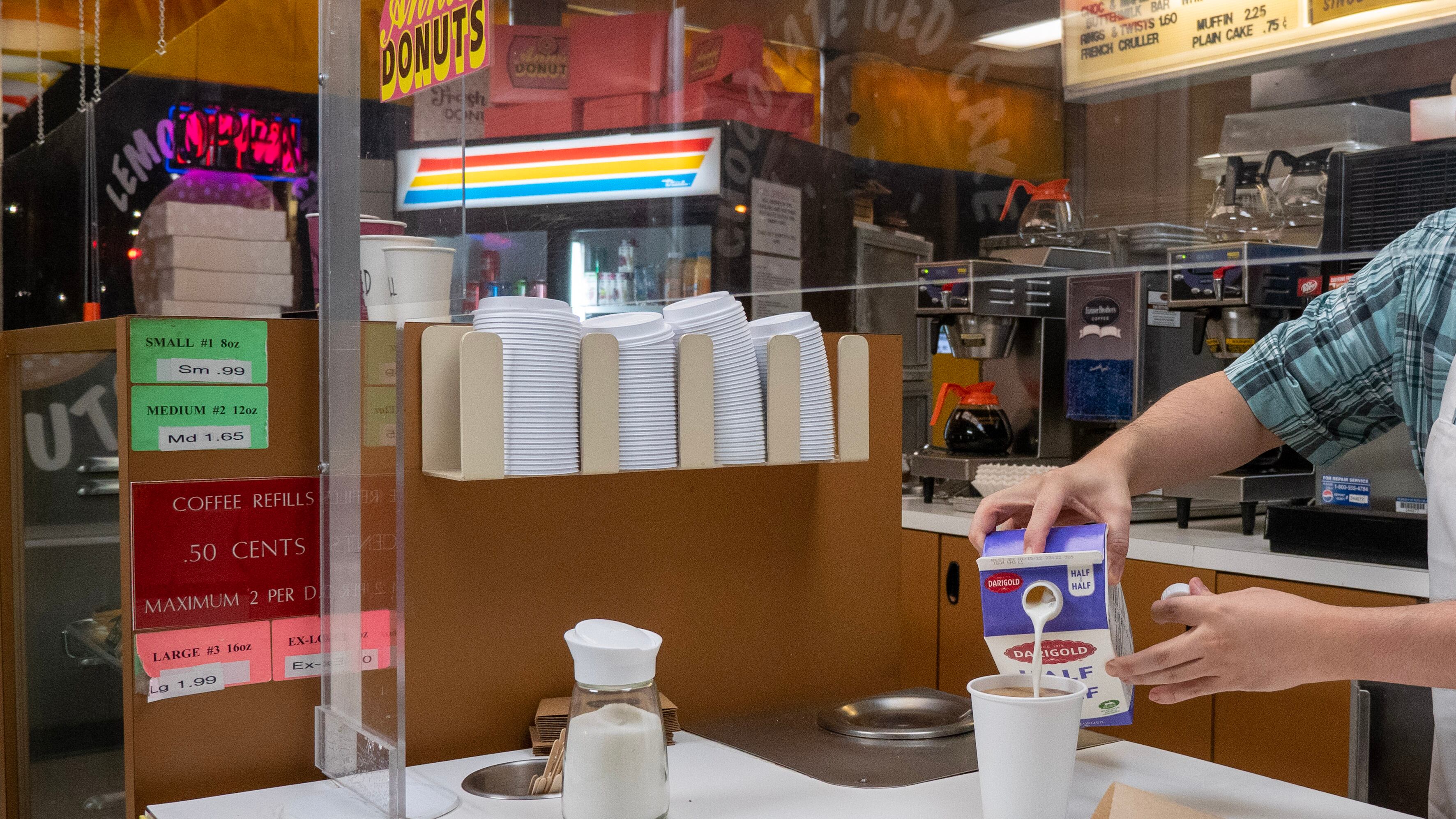Get those signing bonuses while they’re hot. A state economist expects the supply of job seekers to catch up with available work by the end of 2022.
“The workers are coming back,” wrote state economist Josh Lehner in a Jan. 21 analysis. “Labor supply has increased. The state has now recovered more than 4 in 5 of the lost jobs at the start of the pandemic.”
The way that recovery has unfolded—with businesses reopening faster than many of their former workers are ready to return to work—is a dynamic that’s been the talk of Oregon for weeks. For every seven people seeking work, 10 jobs are available, as WW reported last month. That’s led to extraordinary incentives dangled to potential hires, with signing bonuses in some cases as high as tens of thousands of dollars.
Those signing bonuses garner headlines, but Lehner says the lasting change is wage increases. He expects wages will keep rising—if not as spectacularly as during the past six months of hiring frenzy.
“Average wages are up 17% since the start of the pandemic,” he writes, “and total wages and salaries in the state are 11% above pre-pandemic levels. Our office’s forecast for wages has never been stronger.”
Lehner—who is also an ardent Kansas City Chiefs fan, and so we offer him our congratulations for the Chiefs’ overtime playoff win Sunday—writes that two factors have depressed the labor market: Many two-income households have found they can make ends meet with just one person working, while strong wages mean fewer people are forced to work multiple jobs.
So it’s all good news? Well, all except the inflation—that is, the costs businesses are passing along to customers. (You’ve noticed your cup of coffee is $4, right?) Lehner cautions that a fight over inflation could slow a return to full staffing at some workplaces: just another way the pandemic’s effects keep dragging out.
And yet: “These are a better set of issues to deal with than the jobless recoveries and lack of demand experienced in previous cycles,” Lehner concludes.
Read his full analysis here.

